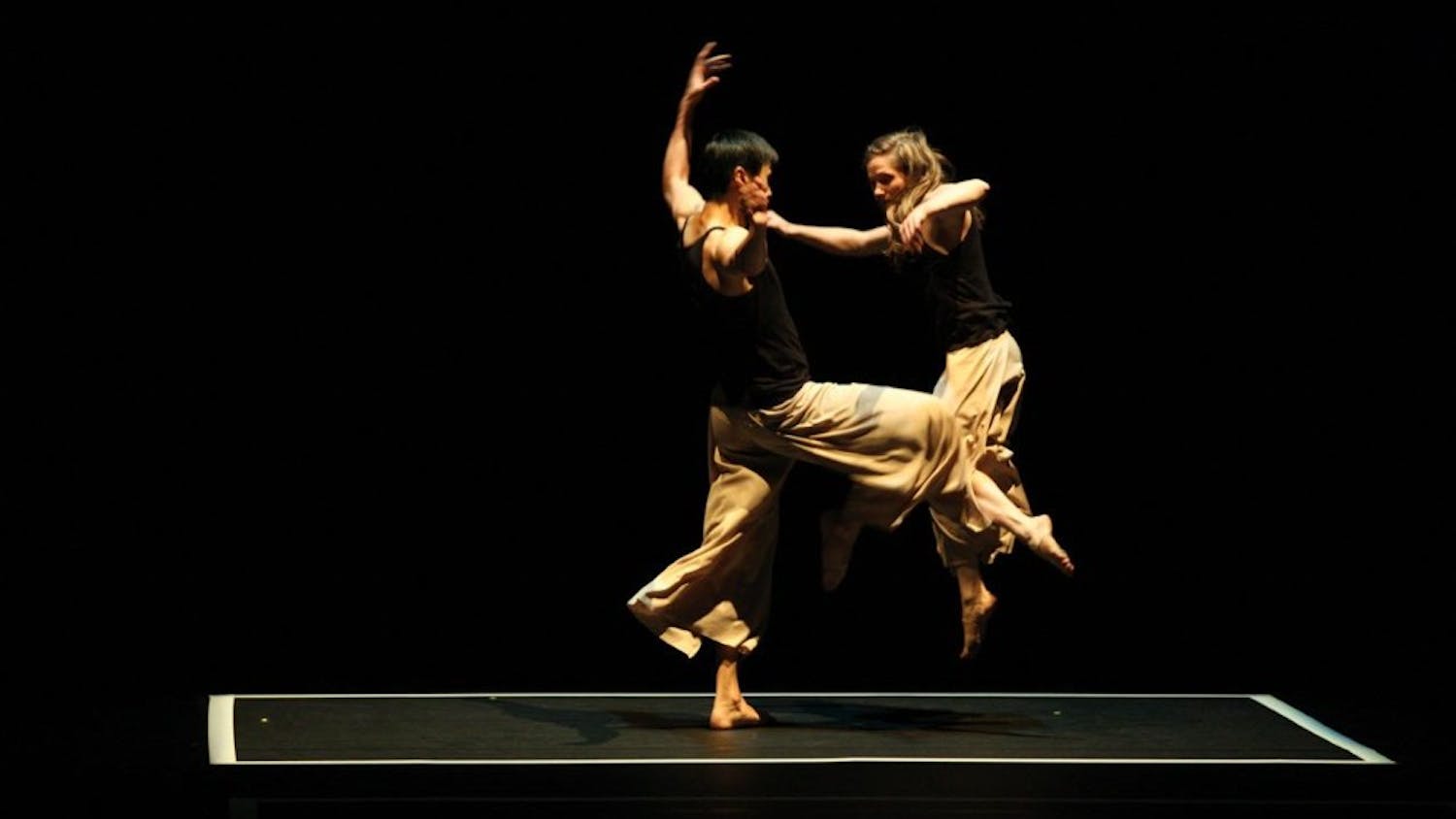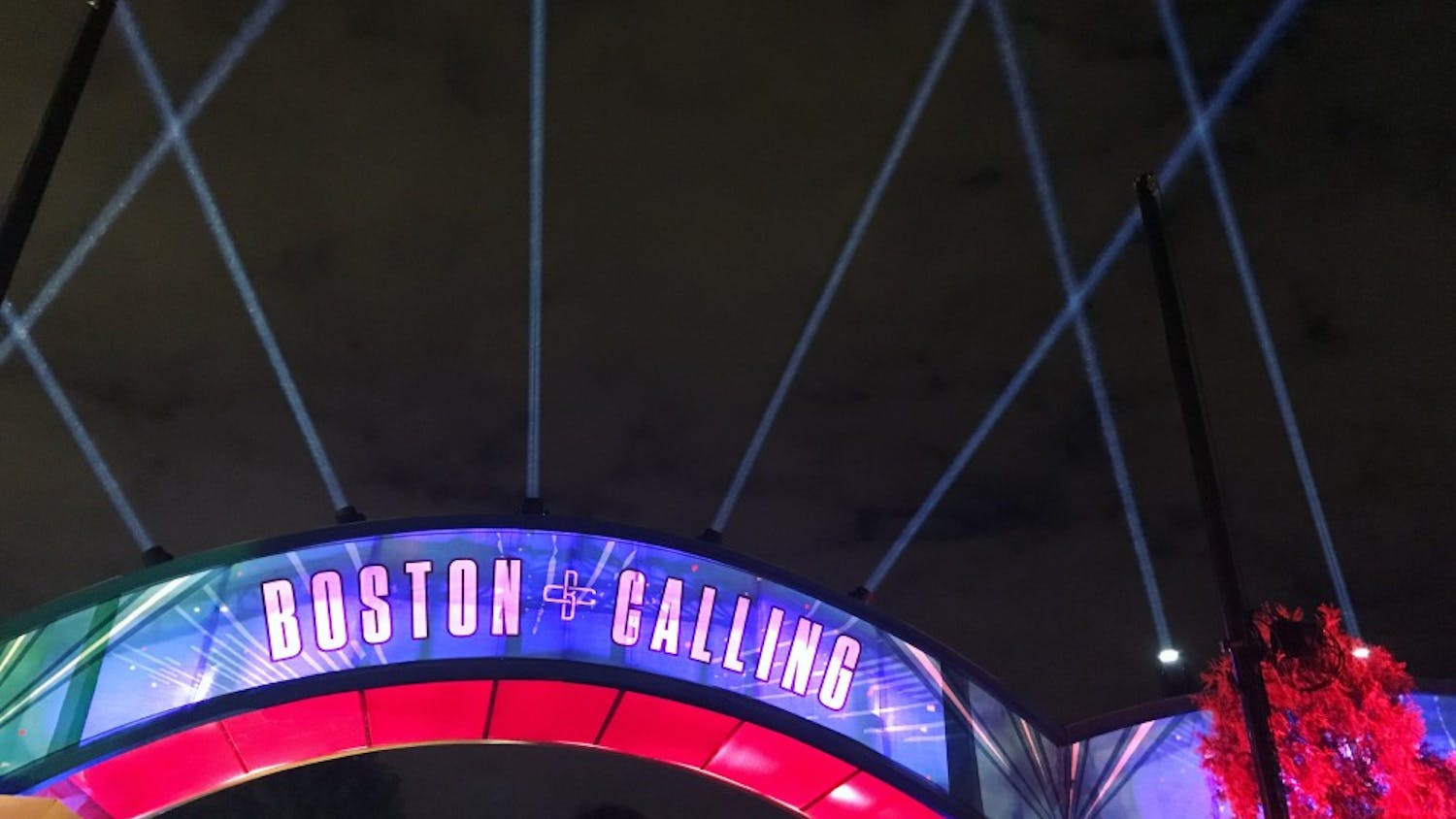Going to a music festival is always an exciting experience to look forward to, but I have to admit I wasn’t expecting too much from Boston Calling. In the wake of Dartmouth’s Green Key, I felt I had my share of concerts for the term and was preemptively annoyed with the loud and obnoxious drunk people I would inevitably be surrounded or suffocated by at the concert venue. In short, going to Boston Calling felt more like a poorly-timed task that I had to complete rather than an exciting weekend away from campus.
Once I got to the Harvard Athletic Complex, a brief 10-minute walk away from Harvard Square, my expectations were quickly challenged. Boston Calling was nowhere near as deafeningly loud and overwhelmingly crowded as one might expect for a music festival located in a city heavily populated by college students. Rather, the music festival feels like an opportunity to relax outdoors with live music, rather than a swarm of aggressive partygoers who are looking to get uncontrollably drunk and dance all night. Think happy, welcoming hipsters of all ages, not unruly teen ravers. One could even call the event family-friendly.
Putting on a good show for the festival’s diverse attendees, the performances were an excellent contribution to the event’s atmosphere. For example, Betty Who — an artist I was familiar with but wasn’t particularly excited for despite her being one of the headliners — deployed a powerful stage presence and energy, converting me into a fan by the end of her set. She communicated with the audience throughout her performance, explaining what inspired her to write certain songs and how she would love to see the crowd dance with her, and that genuinely friendly attitude she exuded on stage translated to performances she seemed happy and excited to give. With her talented band, her music — which can seem like bland pop music in their studio versions (part of why I wasn’t a fan until I saw her live) — came to life, particularly in the bass lines. She danced and sung so passionately to bright pop tunes that we couldn’t help tapping our feet and bobbing our heads.
Mitski, another headliner, was also a strong performer. She laid on her side on stage as she sang, focusing almost entirely on her vocals. The simplicity of her performance was beautiful, as it isolated the crowd’s focus on just the music, with no other decorations or attractions to divert our attention. Mitski’s voice was the perfect ethereal background to accompany the warm afternoon sun that enveloped the venue.
King Princess created a similar atmosphere with her set. She sung each of her songs earnestly, and she sounded exactly like her studio recordings. The only difference was that she accompanied her singing with an electric guitar performance. Her voice seemed delicate, but not fragile — airy and wavering yet dripping with emotion — and paired excellently with the striking resonance of the electric guitar, creating an ambience ideal for the evening chill.
In between the musical performances, my friend and I found ourselves wandering the concert venue to explore some of the other stages and came upon the Arena, an indoor stage. Here, we managed to catch a stand-up comedy piece by Jenny Slate, a comedian and actress I’ve followed since her “Marcelle the Shell” days. She was the headliner out of a stream of stand-up comedians and the last act before some electronic artists, including headliner Snakehips, who were supposed to perform later in the evening.
With Slate’s reputation, extensive career and status relative to Boston Calling, we had high hopes for her. We were, unfortunately, quite disappointed. Many of her jokes fell flat, with punchlines being diluted by ill-timed delivery and heavy reliance on exaggerated facial expressions or shouting into the mic as comedic devices. Overall, her comedic style seemed a lot less sophisticated, nuanced and mature than I had expected.
We had seen herds of people enter the Arena around the time Slate’s act was about to begin, but midway through, half of the crowd had gotten bored and left. While it was nice that Boston Calling had incorporated other non-musical acts into their program — other than stand-up comedians they also had the Boston Ballet perform — it seemed that these performers almost knew that they weren’t the focus of the festival and weren’t bringing their best to the stage.
Off stage, in addition to the many performances, the venue also offered a number of non-music related pastimes — which there were a lot more than one would expect. Boston Calling coordinators seem to thoroughly understand the one downside of music festivals — it’s almost 100 percent guaranteed that you won’t love or even be a little bit familiar with all of the artists in the lineup, and unless you’re planning to come for only the handful of stages you’re super excited for and waste your festival ticket, you’ll have at least a few hours during which you’re bored or forced to listen to music that isn’t your taste. I had come prepared to be disinterested for a few hours and had backup plans on what to do to stay entertained, but I never needed it.
For one, the venue was spacious and resort-like — it had plenty of grass and other seating areas for when you aren’t dancing at the front of the crowd. As artists performed, festival antendees could simply lie on the grass, sunbathing with the music as background noise.
Another aspect of the Boston Calling experience that was a pleasant surprise was just how easy it was to be there. The location — accessible by a brief ride on the T and a quick walk — was already a plus, and the fact that Boston Calling allowed you to leave and re-enter the festival on the same day was another factor that made the experience so much more manageable and stress-free. Compared to other festivals I’ve been to, Boston Calling felt significantly more orderly and safe. There were pleasant and helpful staff everywhere, restrooms, portable chargers, lockers and anything else you might need for a long day outdoors.
For this reason, by the end of the festival, I was content — not once was I in an uncomfortable situation, and not once was I bored. Overall, the entire festival operated like a small safe haven, a place where anyone could step in, forget everything and escape the stress of life.




